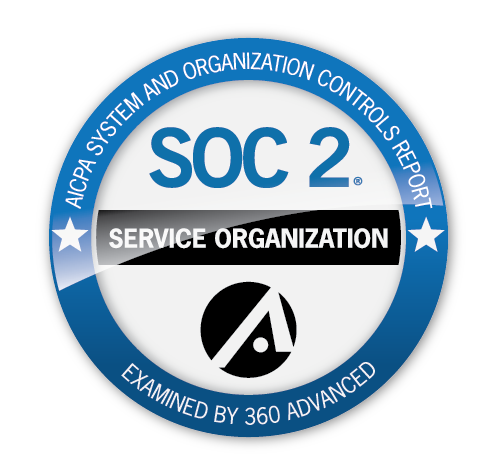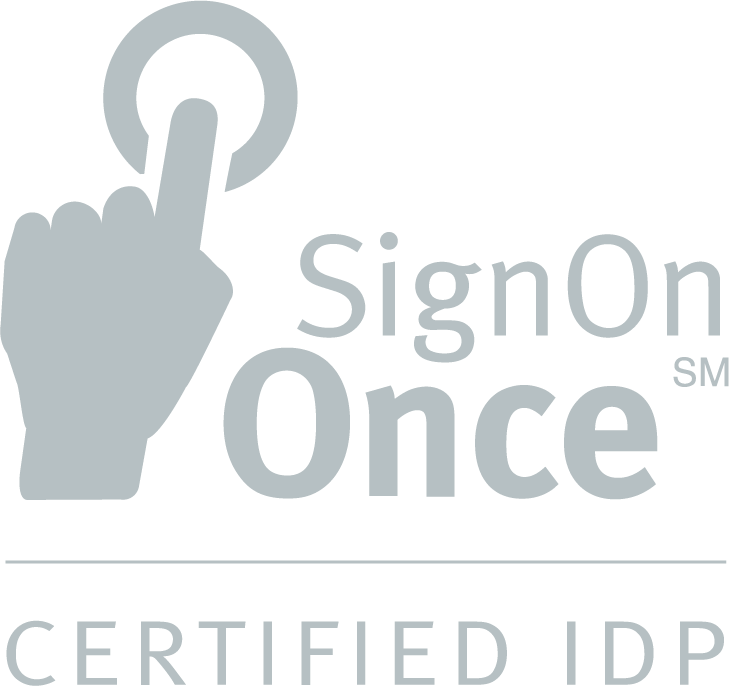Benefits of business process outsourcing for licensing, compliance
Amid growing economic uncertainty, increased regulatory scrutiny, generational turnover, and rapidly evolving technology, competitive carriers are reexamining the ways they manage their core operations. To address the issues that emerge, business process outsourcing (BPO) is a standard practice in the insurance industry that offers several benefits, but first it may require a little explanation.
For some, the concept of outsourcing brings up outdated ideas with negative associations, such as foreign offshoring to escape the higher cost of domestic services, or transactional vendors who offer one-size-fits-all contracts for minimal services. In this way of thinking, old-school outsourcing quickly amounts to little more than a cost-savings scheme with undeniable drawbacks. There are BPO providers that still operate this way, with poor customer service records that can bring reputational harm to the companies that contract with them.
When engaging with a reputable industry partner, however, BPO is more comprehensive and integrated: The right partnership can help carriers accomplish more by refocusing on strategic objectives while trusting in a provider’s proven expertise to synchronously manage workflows. Some call this form of collaborative business process outsourcing “co-sourcing” or “onshore outsourcing” to more clearly differentiate it from traditional or overseas outsourcing models.
What processes do insurance carriers outsource?
Major insurance carriers routinely outsource a range of processes to external experts—processes in diverse areas of their businesses such as policy administration, marketing, or IT operations. Yet many miss a critical opportunity to leverage this approach in agent onboarding, licensing, and compliance, key areas of a distribution strategy where outsourcing can deliver even more strategic value.
For most insurers, these are operationally intensive processes, where a third-party solutions provider could offer objective guidance and superior expertise. When seeking out a provider to take on these processes, carriers should look for a partner who understands the intricacies of NIPR synchronization, producer database (PDB) report maintenance, and the operational realities of a multistate, producer-driven ecosystem.



